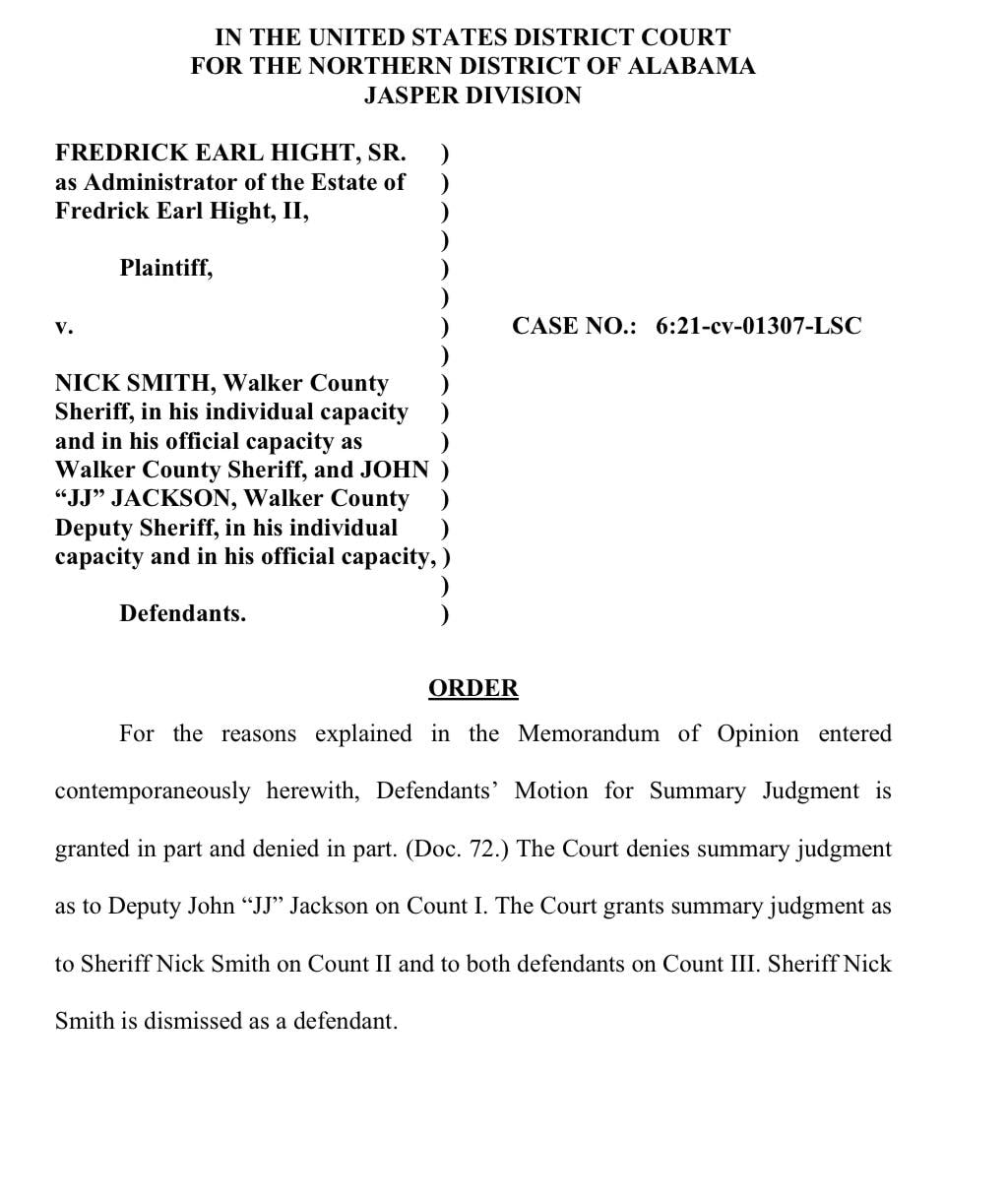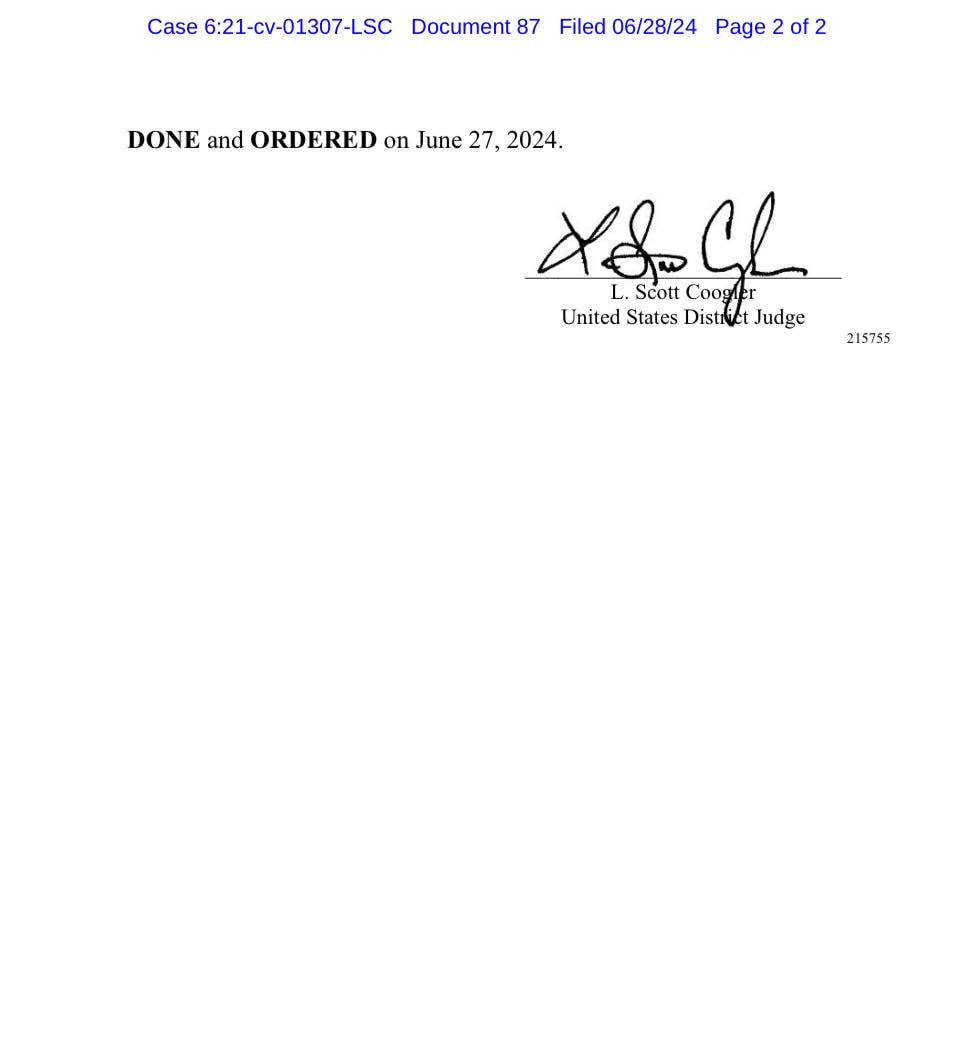|
In light of the recent media reports regarding the lawsuit settlement, I want to clarify a few misconceptions. I was dismissed from the lawsuit months before the settlement was reached, and it's essential to understand that a settlement does not equate to an admission of guilt. The deputy involved was cleared of any criminal wrongdoing. While the civil suit remained, my dismissal signifies that I was not part of the case that was settled.
Settlements often occur because going to trial can be prohibitively expensive and time-consuming. If both parties are reasonable and genuinely seek a compromise, settling can be a more practical solution. In law enforcement, liability is a significant concern. This is a high-risk field, and while there are ways to mitigate liability, it will always be a factor. Walker County is no exception; lawsuits have been a reality long before I became sheriff and will continue after my tenure. As sheriff, I will often be named in lawsuits, but I am frequently dismissed at summary judgment unless I act outside the scope of my duties. Across the state, sheriffs face similar situations as part of the role. I entered this position fully aware of the associated liabilities. In fact, as I was sworn in, I was served with a lawsuit just ten minutes later, for an incident from the former administration which highlighted the reality of this responsibility. While some lawsuits may seem frivolous, others are legitimate. It's crucial to recognize that headlines can often be misleading. A settlement does not imply guilt, and many individuals and entities are dismissed from cases. Moreover, settlements frequently come with non-disclosure agreements, meaning the specifics are usually not disclosed to the public or even to the officers or county officials involved. Thank you for your understanding as we navigate these complex issues. Comments are closed.
|
NEWS RIGHT FROM THE SOURCE
Archives
February 2025
Categories
|
- Home
- WCSO NEWS
- Meet the Sheriff
- Pistol Permit
-
Community Programs
- Tough as Nails Women's Self Defense
- Citizen's Academy
- Youth Leadership Academy
- CHURCH SECURITY
- Signs of Teen Drug Abuse for Parents
- Home Security Check-Up
- FIRING RANGE
- Civilian Firearms Course
- Little Miss Sheriff
- Little Mr. Detective
- Mercy Project
- Vacation Watch Program
- Neighborhood Watch
- Volunteers in Policing Program
- EXPLORER PROGRAM
- Citizen Observer Program
- Clean Roads Program
- Senior Citizens' Safety Academy
- Good Morning Program
- Project Lifesaver
- History
- Divisions
- Animal Cruelty
- Missing Persons Cases
- Warrants
- County Jail
- Sex Offender Questions
- Protected Addresses
- WCSO SPENDING




 RSS Feed
RSS Feed